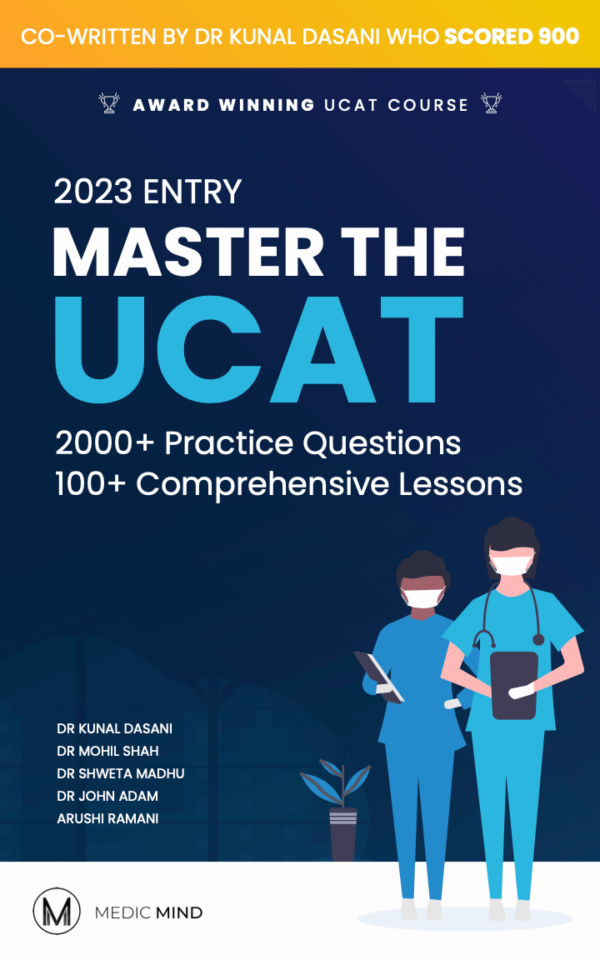Loading...

Becoming a Physician Associate
A physician associate is a healthcare worker who works alongside doctors in hospitals and GP surgeries. The role is a type of mid-level health care provider. However they may also serve as a principle healthcare provider. In their role they diagnose illnesses, develop and manage treatment plans and may prescribe medication.
To coordinate health and care services you need a large variety of allied healthcare professionals aside from just Doctors and Nurses. Physician associates are playing an increased role as part of the multi-skilled NHS workforce, delivering high quality safe and effective care. It is a newly developing role in the NHS. Currently there are only 350 practising associates. However, as part of the recent five-year plan for primary Care the NHS have described how they must diversify service delivery and adapt to the shortages of GPs. This means that recruitment of physician associates in the community will greatly increase.
Physician Associate- Health Careers
Kickstart your PA Interview Prep!
Book a session with one of our expert Physician Associate interview tutors to boost your chances of getting into your dream course! Call us on +44 (0) 203 305 9593 for a free consultation.
FAQs
Is being a physician associate a good job?
The role is very esteemed with average salaries varying between £30.401 to £43,772 / year.
What does a physician associate do?
Physician associates work directly with patients. Prospective students must have a compassionate nature as in the role professionals must approach consultations, colleagues, and carers with kindness. An associate must acquire the skills and knowledge required for clinical reasoning and interpretation. Through study and practice you will develop the skills to perform clinical examinations, administer tests, treatments and analyse test results. They must have excellent problem-solving skills formulating and integrating a rounded medical history to deliver a differential diagnosis. Similarly, to a doctor, physician associates interact with patients as part of the shared decision-making process.
How does the role of a Physician associate differ from a Nurse Practitioner?
Within both professions individuals must use their clinical aptitude and emotional intelligence to facilitate delivery of care as part of the multidisciplinary team. Both professionals interact with patients actively listening to their wants and needs, showing them empathy.
There are several differences between the roles. The role of a nurse mostly involves the direct delivery of care to patients. This may be dealing with wound dressing and stitches, taking blood, and delivering bloods and injections. In contrast a physician associates may be more involved in clinical reasoning and working with clinical information. They may interact with a greater variety of patients where they are described as generalists opposed the nurses who specialise in adult, child, mental health or learning disability nursing. As an associate you will treat children, adults and the elderly who all present a variety of care needs.
Can physician associates prescribe?

A nurse may train as an independent prescriber, prescribing medication within their competencies. You may have heard of the GMC or Nursing and Midwifery Council; these are formal governing bodies of all individuals in the nursing and medical career. In this career, there is no formal regulatory body equivalent to these. This limits the capacity of these professionals to complete certain tasks such as writing prescriptions. However, professionals are advised to join the Physician associate managed voluntary register. In future a professional regulatory body will broaden the potential roles of an associate where they will have greater legal and professional accountability. In the role the professionals are permitted to issue sick notes and prescribe medication however prescriptions must be signed and checked by a doctor.
How to become a physician associate
University
There are several career pathways to become a physician associate. This may involve completing a university degree, apprenticeship or transferring from another care role.

There are 29 universities within the UK which offer postgraduate degrees. A full list of universities offering this course can be found on the UCAS website. Following completion of a degree in life or healthcare science physician associates will study the theory and practice needed in the role over a 2-year period. Other healthcare professionals such as Nurses and Midwives may be eligible to study on these programmes. Students will graduate with a diploma or master’s course that is recognised by the Faculty of Physician Associates. Students will be working in clinical environments receiving a minimum of 1,600 hours of clinical training throughout their second degree. Eligibility to complete this diploma or course requires 3 A-levels of equivalent, including a science and a degree.
See below a table of Physician Associate programmes available across a variety of UK Universities.
| University | Degree |
| Anglia Ruskin University | MSc Physician Associate Studies (PAS) |
| Brighton and Sussex Medical School | Postgraduate Clinical Diploma in PAS |
| Bucks New Univeristy | Postgraduate Diploma Physician Associate |
| Canterbury Christ Church Univerity | PgDip PAS |
| Hull York Medical School | MSc PAS |
| Plymouth University Peninsula Schools of Medicine and Dentistry | PgDip PAS |
| Sheffield Hallam University | PgDip PAS |
| London, St George’s University of London | MSc PAS |
| Birmingham | PgDip PAS |
| UCLan, University of Central Lancashire | PgDip PAS |
| Norwich, East Anglia | MSc PAS |
| Leeds | PgDip PAS |
| Manchester | PgDip PAS |
| Reading University | Postgraduate Diploma Physician Associate |
| Surrey | PgDip Physician Associate |
| Bristol, University of the West of England | MSc PAS |
| Wolverhampton | PgDip PAS |
| Worcester | MSc Physician Associate |
| Bradford | MSc PAS |
| London, Brunel University | MSc PAS |
| Newcastle University | PgDip PAS |
| Sheffield | PgDip PAS |
| Swansea | PgDip Physician Associate Studies; MSc Physician Associate Studies |
| Liverpool | PgDip PAS |
| Aberdeen | PgDip PAS |
| Bangor, University of Wales | PgDip PAS |
Apprenticeship
Institute for Apprenticeships – Physician Associate

Physician associate apprenticeships take 30-36 months to complete and involve academic teaching alongside clinical practice. The entry requirements are employer dependant. More information can be found in the apprenticeships section on NHS jobs.
Frequently Asked Question
→What are the entry requirements for a Physician Associate program?
The entry requirements for a Physician Associate program may vary depending on the university, but typically include a bachelor’s degree in a health-related field, such as nursing, biology, or psychology. Some programs may also require relevant work experience or a certain grade point average.
→How long does it take to become a physician associate?
Following completion of a degree in life or healthcare science physician associates will study the theory and practice needed in the role over a 2-year period. Physician associate apprenticeships take 30-36 months to complete and involve academic teaching alongside clinical practice.
→How much do physician associates make?
The role of a physician associate is very esteemed with average salaries varying between £30.401 to £43,772 / year.
→Is physician associate a good career?
A physician associate is a newly developing role in the NHS. Currently there are only 350 practising associates. However, as part of the recent five-year plan for primary Care the NHS have described how they must diversify service delivery and adapt to the shortages of GPs. This means that recruitment of physician associates in the community will greatly increase.
→What is the job outlook for Physician Associates?
The job outlook for Physician Associates is positive, with a growing demand for healthcare professionals in the UK. According to the NHS, there is a shortage of doctors in many areas, and Physician Associates can help fill this gap by providing additional support to healthcare teams.
→What is a physician associate in the UK?
Physician associates work directly with patients. Prospective physician associate students must have a compassionate nature as in the role professionals must approach consultations, colleagues, and carers with kindness. A physician associate must acquire the skills and knowledge required for clinical reasoning and interpretation. Through study and practice you will develop the skills to perform clinical examinations, administer tests, treatments and analyse test results. A physician associate must have excellent problem-solving skills formulating and integrating a rounded medical history to deliver a differential diagnosis. Similarly, to a doctor, physician associates interact with patients as part of the shared decision-making process.
→Can physician associates go into research?
Yes, physician associates can go into research. Physician associates are trained in a variety of medical tasks, such as taking medical histories, carrying out physical examinations, and diagnosing and treating illnesses under the supervision of a physician. These skills can be useful in research, as physician associates can assist with patient recruitment, data collection, and analysis.
In addition, some physician associates may choose to pursue advanced degrees in healthcare or research, such as a master’s degree or PhD. These degrees can provide additional training in research methods and data analysis, which can be useful in conducting research projects.
There are also opportunities for physician associates to work in research settings, such as academic medical centers or research institutions. In these settings, physician associates can work on research projects and collaborate with other healthcare professionals and researchers.
→What are the career prospects for a Physician Associate?
The career prospects for a Physician Associate are promising, with opportunities for advancement in both the public and private sectors. Some Physician Associates may choose to specialize in a particular area of medicine, such as pediatrics or oncology, while others may go on to pursue advanced degrees in healthcare or research.






Was this article helpful?
Still got a question? Leave a comment
Leave a comment